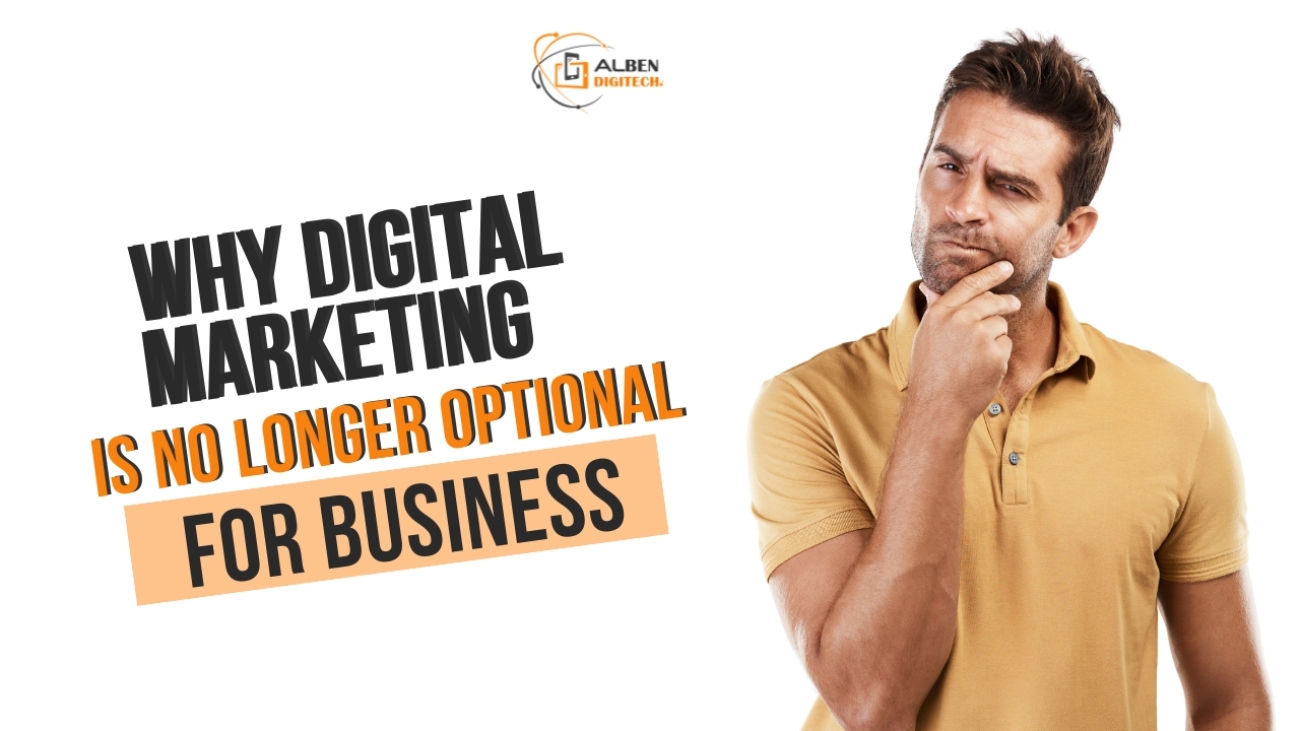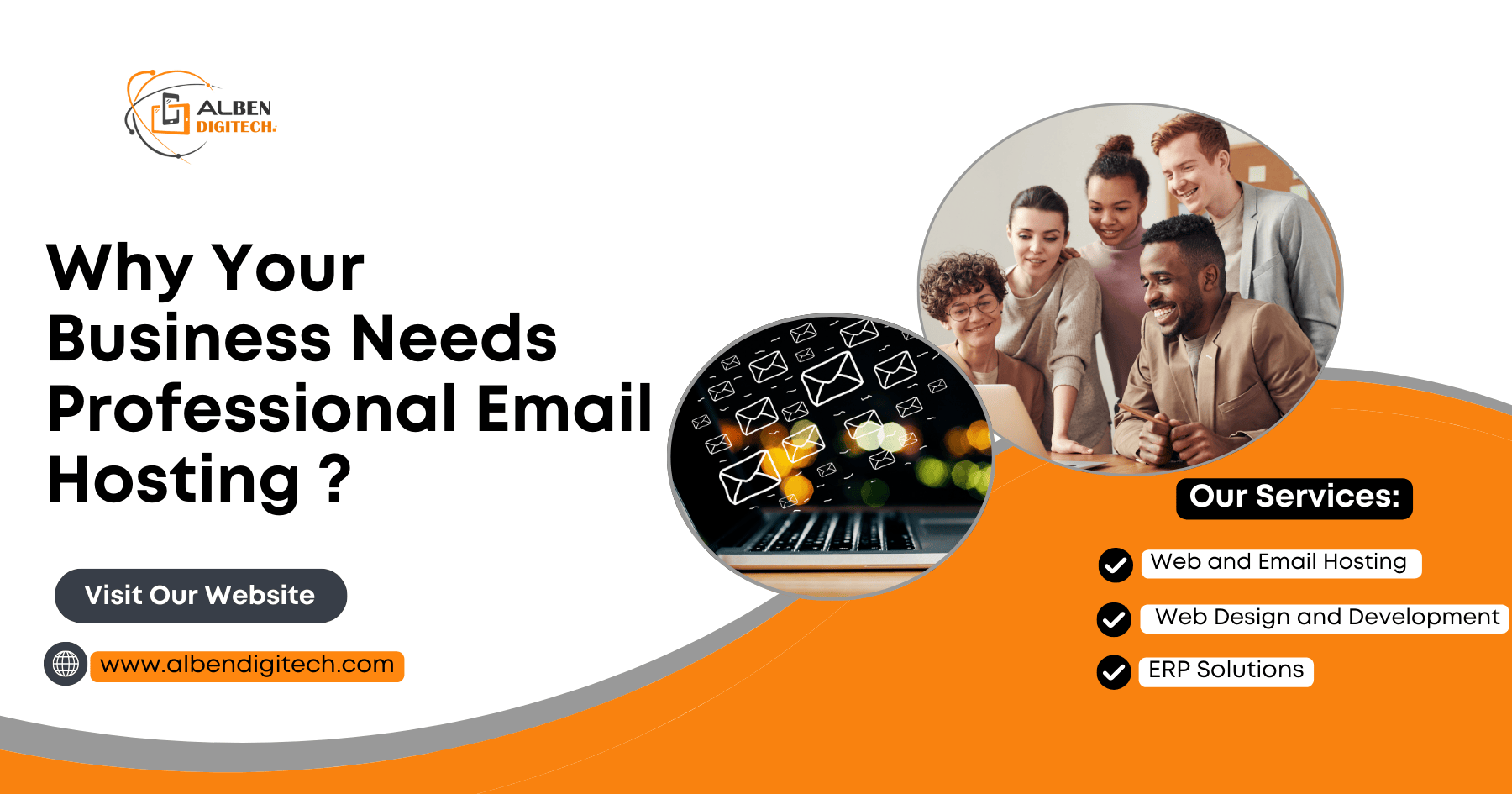Meilleure Entreprise P.R.É (Planification des Ressources de l'Entreprise) au Bénin : Surmonter les défis de l'entreprise
Dans l'économie mondiale d'aujourd'hui, qui évolue rapidement, les entreprises de la République du Bénin sont de plus en plus contraintes de moderniser leurs opérations. Avec un revenu projeté de 18,60 millions de dollars pour les logiciels d'entreprise en 2024 et un taux de croissance annuel composé (TCAC) de 8,97% de 2024 à 2029, la demande de solutions numériques est en hausse .Statista+1
Le gouvernement béninois a reconnu l'importance de la transformation numérique, allouant environ 16,4 milliards de francs CFA (environ 26,4 millions de dollars) en 2025 pour améliorer l'infrastructure numérique et la gouvernance.
Les défis : Les obstacles à l'adoption de la P.R.E au Bénin
Malgré l'intérêt croissant pour les solutions numériques, plusieurs défis entravent l'adoption généralisée des systèmes de planification des ressources de l'entreprise (ERP) au Bénin :
Coûts de mise en œuvre élevés : Les dépenses associées à l'acquisition d'un logiciel ERP, à la formation des utilisateurs et à la personnalisation du système peuvent être prohibitives pour de nombreuses entreprises. Si le coût initial d'un logiciel ERP peut sembler gérable, les dépenses supplémentaires telles que la formation des utilisateurs, la personnalisation du système et la maintenance continue peuvent augmenter de manière significative le coût total de possession. Des rapports indiquent que les mises en œuvre d'ERP finissent souvent par coûter trois à quatre fois le budget initial en raison de ces coûts cachés Limites de l'infrastructure : Une connectivité internet inadéquate et une alimentation électrique peu fiable dans certaines régions entravent le déploiement efficace des systèmes ERP. Par exemple, des régions comme Glazoué, Malanville, Azovè et Ouaké n'ont pas accès à l'internet et à la téléphonie mobile, et les connexions au réseau électrique sont médiocres, ce qui complique la mise en œuvre de solutions numériques telles que les systèmes ERP. GISWatch
Lacunes en matière d'alphabétisation numérique : Une grande partie de la population n'a pas les compétences nécessaires pour utiliser les outils numériques avancés, ce qui affecte la productivité globale des entreprises. Environ 40 % de la population béninoise reste analphabète et de nombreux fonctionnaires âgés de plus de 50 ans ont des connaissances informatiques limitées. Cette fracture numérique est encore aggravée par le coût élevé des ordinateurs et l'insuffisance des possibilités de formation. E-riigi Pour relever ces défis, il faut adopter une approche à multiples facettes, notamment réduire les coûts de mise en œuvre grâce à des solutions ERP abordables, investir dans l'infrastructure pour garantir la fiabilité de l'internet et de l'alimentation électrique, et améliorer la culture numérique grâce à des programmes de formation ciblés. En surmontant ces obstacles, le Bénin peut ouvrir la voie à une adoption réussie de l'ERP, qui se traduira par une amélioration de l'efficacité des entreprises et de la croissance économique.
Albendigitech : Un phare de l'innovation au Bénin et au-delà
Parmi les nombreux défis qui entravent l'adoption de l'ERP au Bénin, Albendigitech se distingue comme un leader de confiance dans la fourniture de solutions ERP intelligentes et personnalisées qui s'adaptent aux réalités des entreprises d'Afrique de l'Ouest. Nous sommes fiers d'être présents en République du Bénin, avec des solutions actives déployées dans des secteurs clés, et nous continuons à étendre notre empreinte sur de nombreux marchés africains et internationaux.
Avec des années d'expérience pratique et une approche centrée sur le client, Albendigitech ne se contente pas de fournir des logiciels – nous livrons la transformation numérique. Nos systèmes ERP sont conçus en tenant compte des conditions commerciales locales, de la conformité avec les normes comptables OHADA au support multilingue et à l'optimisation mobile, garantissant l'accessibilité même dans les régions où l'infrastructure est limitée.
Que vous soyez dans le commerce de détail, la fabrication, les services ou le gouvernement, nos solutions sont construites pour s'adapter à vos besoins. Soutenu par une équipe d'experts, un support 24/7, et une compréhension approfondie des cadres réglementaires locaux, Albendigitech n'est pas seulement un fournisseur de logiciels – nous sommes votre partenaire technologique à long terme.
Dans une économie numérique où la bonne technologie peut définir votre succès, Albendigitech est là pour s'assurer que les entreprises du Bénin et au-delà sont prêtes pour l'avenir – avec des solutions ERP intelligentes, évolutives et sécurisées.
Exemples de cas locaux et scénarios industriels : L'impact de l'ERP en temps réel
Pour vraiment comprendre la valeur des solutions ERP au Bénin, il est utile de regarder comment les entreprises réelles les appliquent – même si c'est discrètement. Ces exemples généraux, tirés de l'expérience de l'industrie locale, montrent les améliorations tangibles rendues possibles grâce à des systèmes ERP sur mesure :
1. Secteur de la vente au détail – Précision des stocks et de la chaîne d'approvisionnement
Une entreprise de vente au détail de taille moyenne opérant à Cotonou était confrontée à des écarts de stocks et à de fréquentes pertes de stocks. Après avoir mis en œuvre une solution ERP personnalisée par l'intermédiaire d'Albendigitech, l'entreprise a constaté une amélioration de 40 % de la précision des stocks en l'espace de trois mois seulement. L'automatisation des niveaux de stock, des bons de commande et du suivi des fournisseurs a permis à l'équipe de direction de se concentrer sur l'expérience du client plutôt que sur la tenue manuelle des registres.
“Désormais, nous savons ce que nous avons, où cela se trouve et ce qui doit être réapprovisionné, le tout en temps réel.
2. Fabrication – Meilleur contrôle des coûts et meilleure planification de la production
Une usine locale de transformation alimentaire située à Parakou était confrontée à des retards de production dus à un manque de coordination dans la programmation et à de mauvaises prévisions concernant les matériaux. Grâce à l'intégration de l'ERP, l'usine a acquis une visibilité sur sa chaîne d'approvisionnement, ce qui lui a permis de s'approvisionner en flux tendu et d'optimiser la planification de ses équipes. Le résultat ? Une réduction de 25 % des déchets matériels et une augmentation de 15 % de l'efficacité de la production.
“Nous ne surstockons plus et ne manquons plus de matières premières – le système nous indique exactement ce dont nous avons besoin.
- Services professionnels – Précision financière et conformité
Une société régionale de comptabilité et de conseil ayant des succursales à Porto-Novo et à Natitingou avait besoin d'un meilleur moyen de gérer la facturation multi-locale et les projets des clients. Avec le système ERP d'Albendigitech, ils ont centralisé leurs fonctions de facturation, de paie et de reporting. Ils ont également assuré la conformité avec les normes comptables de l'OHADA, ce qui a permis de réduire les erreurs lors des audits et d'économiser des semaines de rapprochements manuels.
“Nous passions deux semaines à préparer les rapports de fin de trimestre. Aujourd'hui, cela se fait en quelques heures.
4. Agroalimentaire – Amélioration de la traçabilité et du suivi des ventes
Une coopérative agricole exportant des noix de cajou vers les pays voisins a mis en place un système ERP pour gérer les ventes, les exportations et la traçabilité. Le système a permis de suivre les lots depuis la récolte jusqu'à la livraison, ce qui a aidé la coopérative à se conformer aux normes commerciales régionales. La confiance des clients s'est ainsi accrue de 20 %, ce qui a permis de conclure des contrats à long terme avec des acheteurs du Nigéria et du Ghana.
Réflexions finales : Construire pour demain, dès aujourd'hui
Alors que le Bénin poursuit sa marche vers la transformation numérique, la capacité des entreprises à s'adapter et à se développer ne dépendra pas seulement de l'ambition – elle nécessitera les bons outils, la bonne stratégie et le bon soutien.
L'ERP n'est plus un luxe réservé aux grandes entreprises ; il devient une nécessité stratégique pour celles qui cherchent à se développer, à rationaliser et à rester compétitives dans une économie régionale dynamique.
Chez Alben digitech, nous comprenons que l'adoption des technologies est autant une question de personnes que de logiciels. C'est pourquoi notre approche est collaborative, enracinée localement et prête pour l'avenir.
Si votre entreprise cherche à devenir plus efficace, à s'appuyer sur des données et à répondre aux besoins du marché actuel, entamons une conversation.
Vous n'avez pas à vous débrouiller seul.









 A “Single Source of Truth”
A “Single Source of Truth”
 Inventory & Warehouse
Inventory & Warehouse Accounting & Invoicing
Accounting & Invoicing eCommerce & POS
eCommerce & POS Human Resources
Human Resources Marketing Automation
Marketing Automation Operational Efficiency
Operational Efficiency Customer Satisfaction
Customer Satisfaction Cost Reduction
Cost Reduction Decision-Making Speed
Decision-Making Speed Data Accuracy
Data Accuracy Frequently Asked Questions (FAQ)
Frequently Asked Questions (FAQ)
